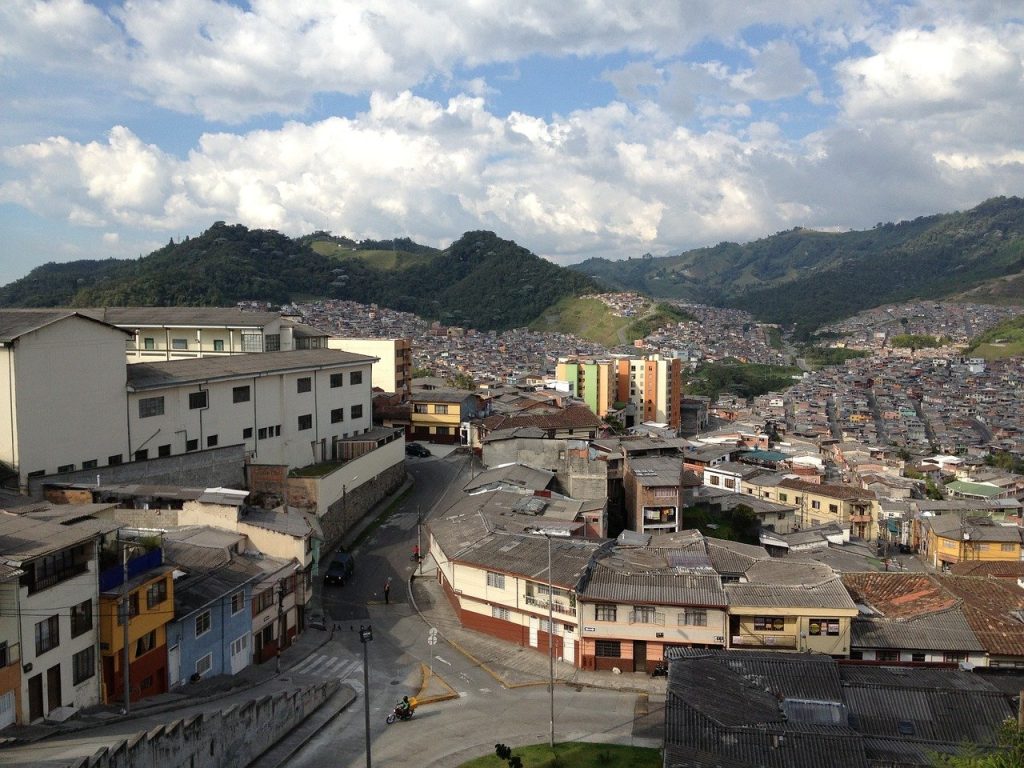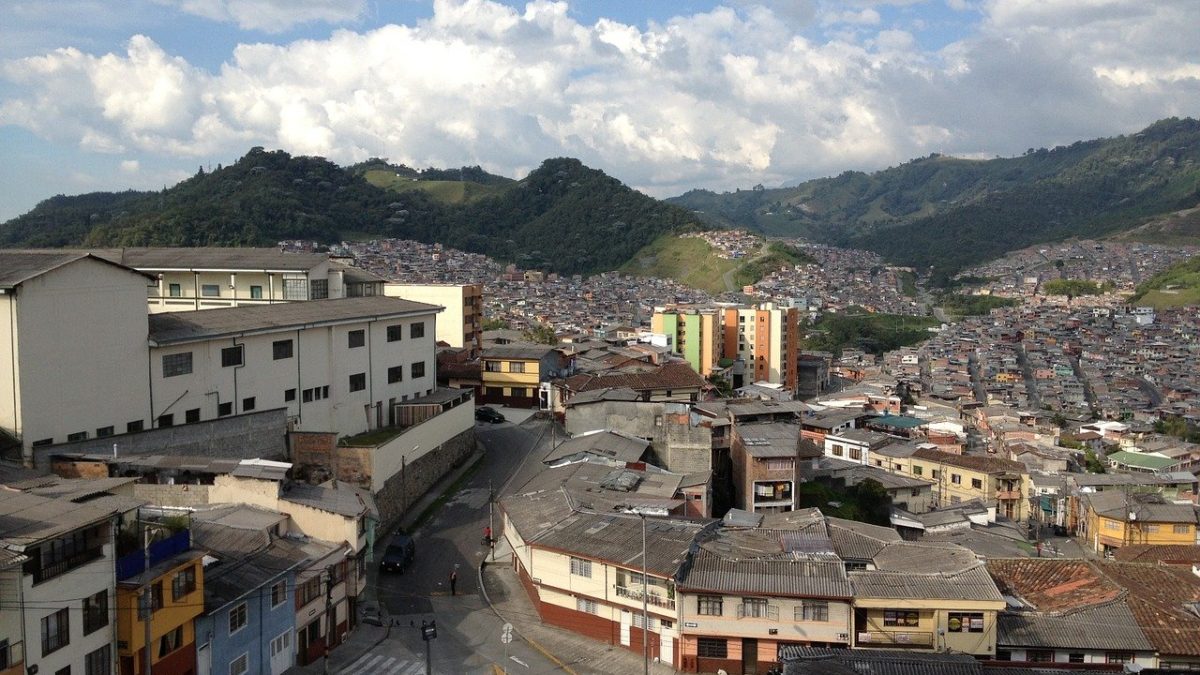
Bogor City puts up community-scale waste management pilot project using hydro-pyrolysis technology
November 12, 2021
Rajshahi & Narayanganj lead the way for ‘Climate Resilient’ urban development in Bangladesh through Climate Action Plans and demonstrative actions
November 25, 2021Colombia is moving forward in the integration of climate change priorities into their new National Urban Policy, with a special focus on enhancing multi-level governance structures for climate action. With technical assistance from the Urban-LEDS project, and through the application of UN-Habitat’s normative guides to address climate change in national urban policy, Colombia’s Ministry of Housing has advanced in identifying important policy levers that enable the country to embark on a more sustainable urban development path. Highlights of the Urban-LEDS technical assistance in Colombia include urban policy diagnosis and analysis, an assessment of the legal requirements for national and subnational climate action, and concrete recommendations for the inclusion of urban aspects into the revised Nationally Determined Contribution (NDC).

With about 85% of its population expected to live in urban centers by 2050, Colombia is committed to strengthen urban policies, legal frameworks and multi-level governance mechanisms that enable the country to embark in a durable and sustainable urban pathway. The country is currently in the process of formulating an updated National Urban Policy (NUP) which provides a window of opportunity to advocate for the integration of climate change perspectives. Similarly, the process of updating the Nationally Determined Contribution (NDC) also offers a distinct opportunity for Colombia to assess the inclusion of key urban aspects into the country’s climate change commitments such as its long-term carbon neutrality strategy (E2050).
In Colombia, Urban-LEDS has been providing technical assistance in close coordination with the Ministry of Housing, Cities and Territory as well as the Ministry of Environment and Sustainable Development, with direct support from the Colombia-based UN-Habitat and ICLEI local teams. Following an initial diagnostic study, the initiative factored in the current state of the municipal, regional, and national collaboration for climate action in the country. The main findings indicate that on a national level, Colombia has made tremendous progress towards the creation and harmonization of planning and organizational frameworks addressing climate change.
However, key aspects of the multi-level governance structure and operationalization of policy instruments remain a challenge, most prominently: i) sub-national coordination mechanisms need to be substantially strengthened and backed with financial instruments to make them fully operational; ii) financial mechanisms need to be strengthened; and iii) an increased risk of dispersion, proliferation, duplication and increasingly complex coordination which needs to be acknowledged and mitigated.
Three overarching issues that could benefit both the NUP as well as the NDC processes include: i) fostering public-private partnerships; ii) increasing the reach and ambition of climate goals; and iii) continuing the process of fiscal decentralization and providing greater autonomy to the regions and municipalities backed by operational and financial instruments.
Juan Sebastian Herrera Zapata, Cities Coordinator, Ministry of Housing, Cities and Territory in Colombia has stated that: “At the Ministry of Housing we are taking advantage of multiple scenarios to identify conflicts between urban policies to facilitate climate action interventions from both public and private entities. This enables us to guarantee a proper horizontal and vertical coordination between different levels of government, stakeholders and regulations to advance climate action”.
Furthermore, through a strategic partnership with the University of Michigan, a rigorous, assessment of Colombia’s national legal and policy frameworks in relation to urban and climate planning was carried out. Over 100 laws, policies, and decrees were analyzed using the Law and Climate Change Toolkit – an online open database grading system developed jointly by UNFCC, UNEP and the Commonwealth Secretariat- designed to provide a global resource to help countries build the necessary legal frameworks for effective domestic implementation of the Paris Agreement and their NDCs.
Edward Alfonso Buitrago Torres Adviser, Ministry of Environment and Sustainable Development in Colombia pointed out that: “The urban legislation we design and implement must prioritize the promotion of climate actions aimed at reducing GHG emissions and communities’ vulnerability to natural disasters. This is what we are doing in Colombian cities by focusing urban projects around the “Biodiverciudades” initiative, which implementation in Manizales will benefit from the added value provided by support from Urban-LEDS, UN-Habitat, ICELI and the University of Michigan”.
Beyond 2021, potential areas of continuous support include the identification of actions that can strengthen the alignment of the national climate and urban agendas. Future support should aim at ensuring that the new Urban Policy is an inclusive instrument that strengthens the capacities of local actors, especially Mayors and Governors. Finally, in recognition of the paramount challenge that the post-pandemic recovery poses on cities, UN-Habitat expects to continue advocating for the inclusion of green recovery vision in urban and climate planning processes.
Read the case study here.

